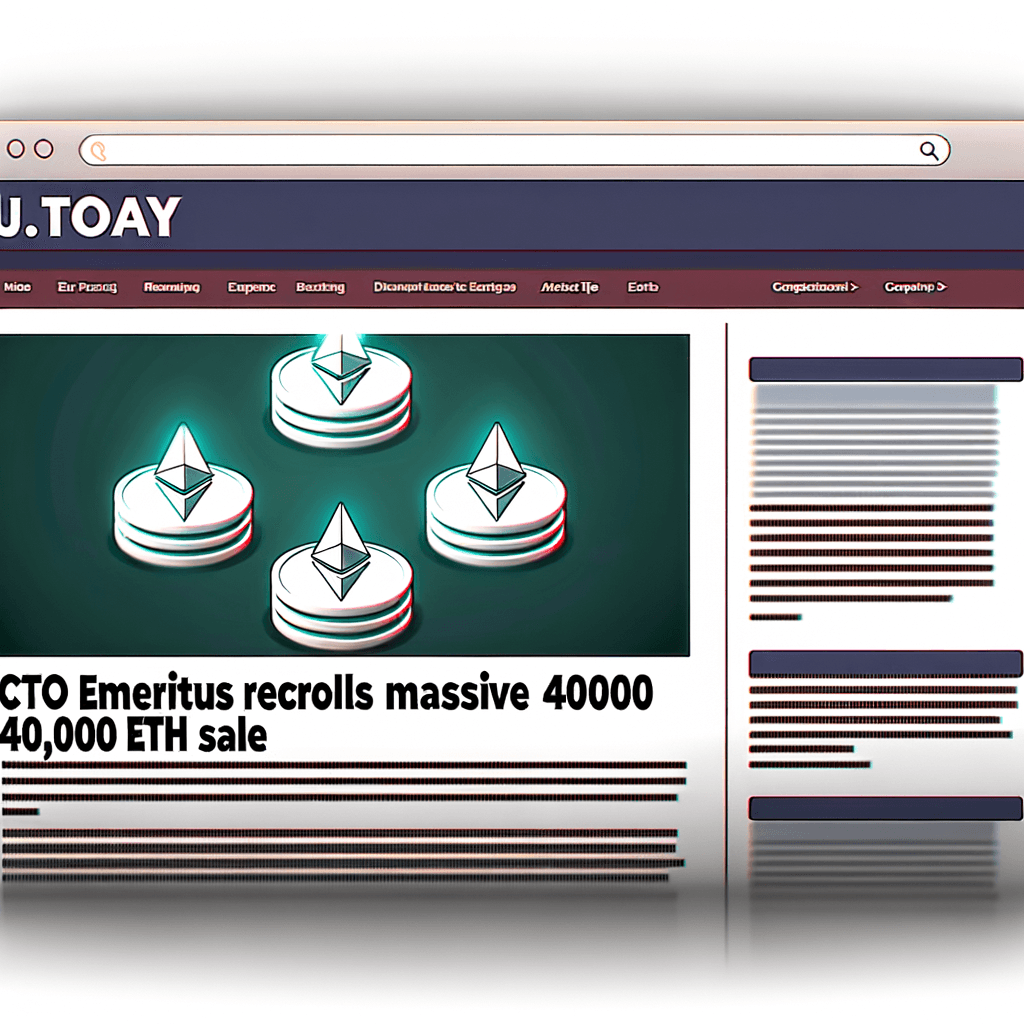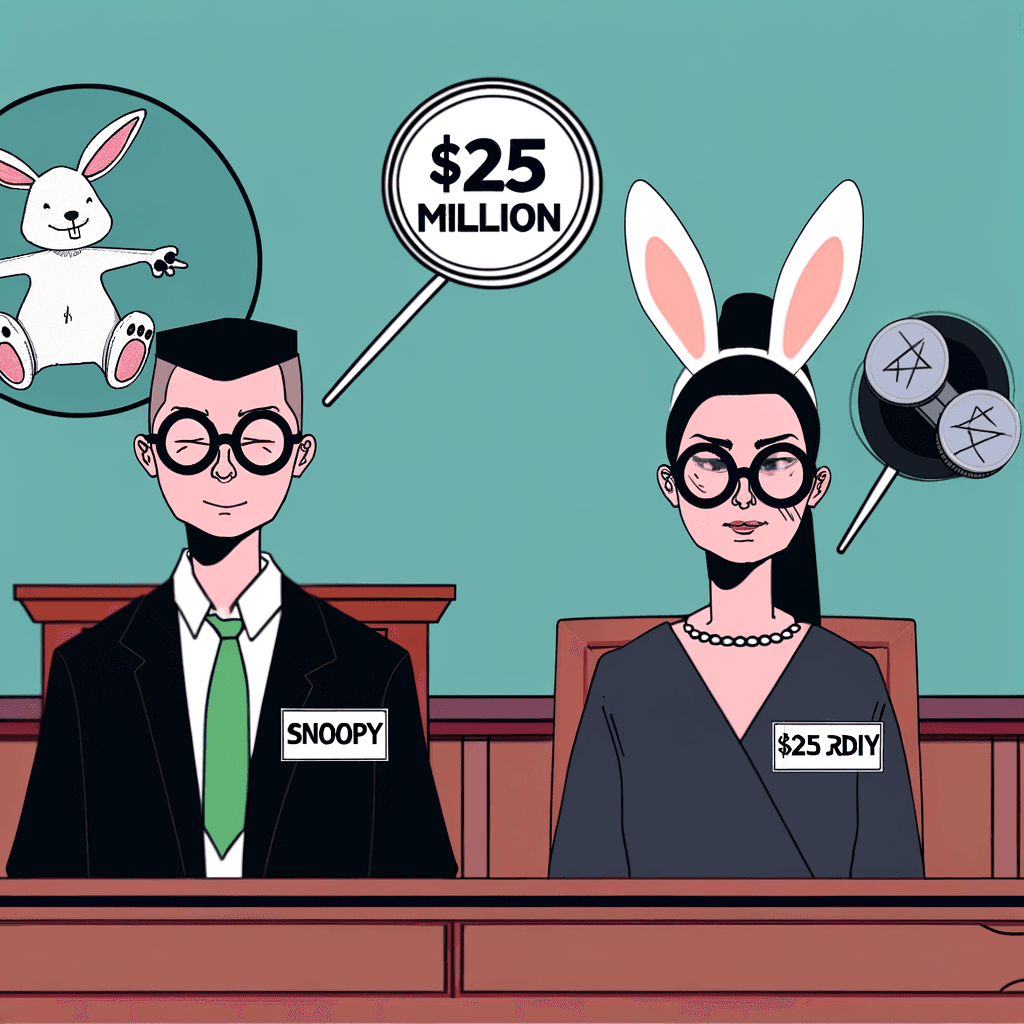March 2, 2026
Ripple CTO Emeritus Recalls Massive 40,000 ETH Sale - U.Today

February 27, 2026
Senate committee approves draft law paving way for legal crypto trade

February 23, 2026
Robinhood Stock Has Been Volatile. Here's What I'd Watch Next. | The Motley Fool

February 20, 2026
Crypto fear index falls to 10 as Strait of Hormuz tensions rise

February 16, 2026
Binance removed from Google Play Store Philippines | Inquirer Technology

